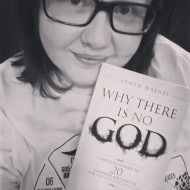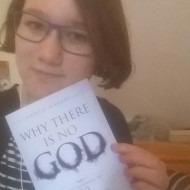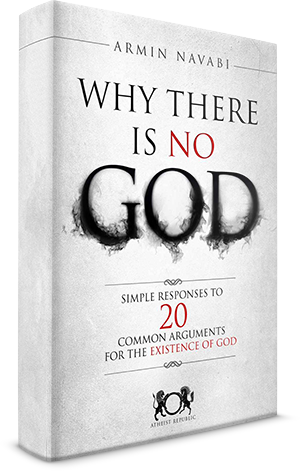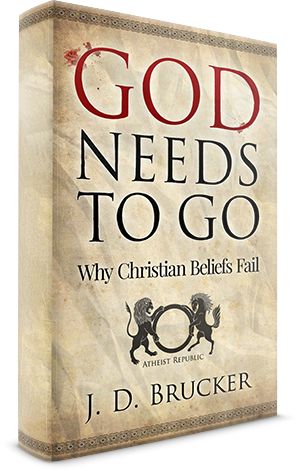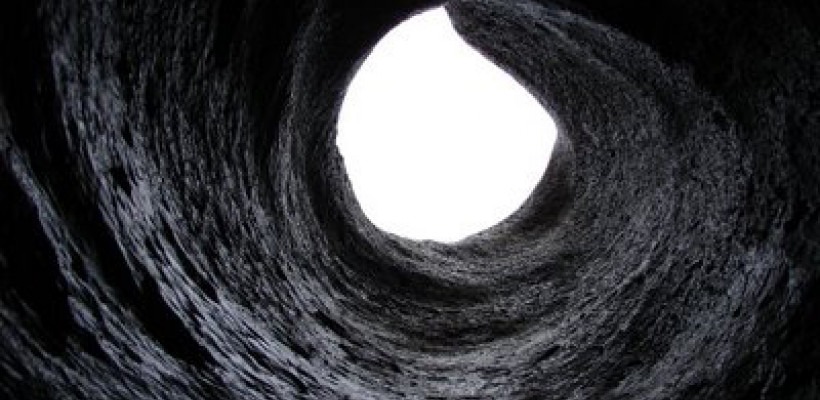
“It seems to me that my lack of faith is not, as I once thought, a triumph of the rational mind, but rather a failure of the imagination - an inability to tolerate mystery.”
― Zoë Heller, Everything You Know
“Failure of Imagination”
It seems to me that faith shouldn’t have to require imagination. Imagination is required for magic and pretending, it shouldn’t be needed to sustain faith. It is also required for problem solving, invention and creative pursuits. It should not be required for belief in God. If God exists and a person believes he does, imagination is not required. If imagination IS required, how can it be belief? In my experiences in the church, imagination wasn’t exactly celebrated. When it came to faith, I got the impression that imagination was what led people away from God.
“Atheists Can't Tolerate Mystery”
I have also frequently heard the accusation that atheists can’t stand mystery. People say that atheists are such big cheerleaders for the scientific method and critical thinking because we can’t stand not having all the answers. But in my experiences, there was no room for mystery in Christianity. During my religious education, the church didn’t teach me to value or appreciate mystery in any way. Mystery was mentioned was when something happened that felt contrary to the way we thought it should or when God seemed to be working in a way we didn’t understand. Even if the word “mystery” is used, in my experiences, it was just another way of saying, “I don’t know,” “God did this”, or “I don’t understand it but God is involved in some way”. I don’t think the assertion that religion allows space for mystery is valid.
In actuality, atheists have no trouble tolerating mystery. Generally speaking, atheists enjoy mysteries – and not just to solve them. Atheists get the same rush, that same sense of awe and wonder when faced with an inexplicable phenomenon or an unexpected feeling because those feelings are a result of the same chemicals and biological processes whether a person is an atheist or a theist. I think the difference is that we don’t attribute mystery to a divine being or a spirit world that we don’t understand so there isn’t that “supernatural tingle”. Most atheists I know are happy enjoying the mystery in the moment and some of them even have a little twinge of regret when an explanation is presented. There’s nothing fundamentally “anti atheist” about enjoying the moment when something feels magical.
The Mystery of the Mystery
But all that aside, why is mystery sacrosanct anyway? There are so many things in our human past that were seen as mysterious or explained away as being caused by a divine being but when we developed an understanding of them, we were better off for it. If every human had continued to enjoy being mystified, we would still be drilling holes in people’s skulls to let out the demons or putting women in sanatoriums for hysterics. We wouldn’t have antibiotics, a basic understanding of germs, the ability to predict weather patterns or earthquakes, fabric that keeps us warm, pesticides that allow crops to thrive...and on and on. We might be sacrificing humans to appease the gods or dancing in a field to make it rain.
Mystery is really only great when it gives us that momentary thrill and wonder. It’s not so “tolerable” when the mystery is why a baby died within mere hours of coming down with a fever when no other signs of sickness were present, or why a man seems compelled to rape women.
It’s easy to stand here in 2013 and speak with hushed, longing tones about the days when we could still appreciate mystery. It’s also easy to say that God works in mysterious ways when you’re not the one who’s just been diagnosed with Multiple Sclerosis or Parkinson's Disease.
Atheists can probably rightly be accused of quite a few things, a failure of imagination and an inability to tolerate mystery isn’t amongst them.


